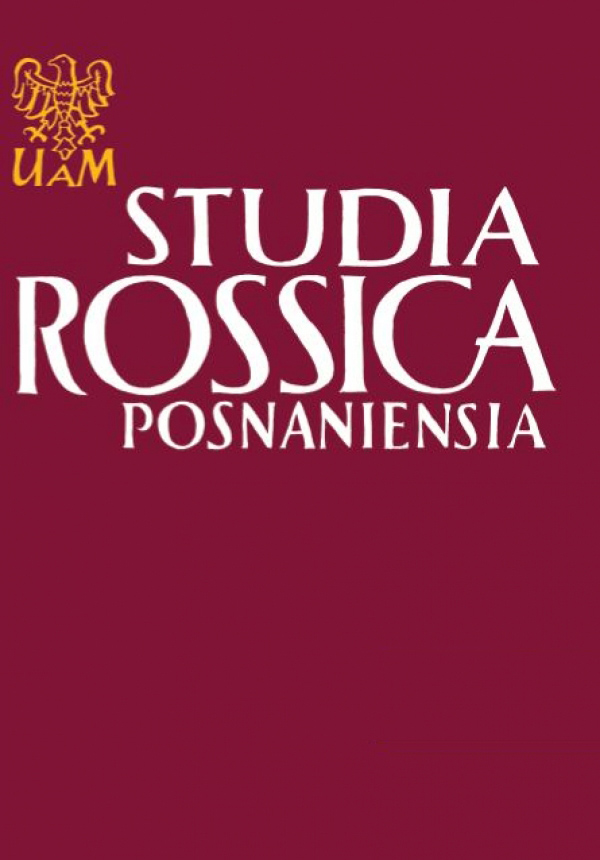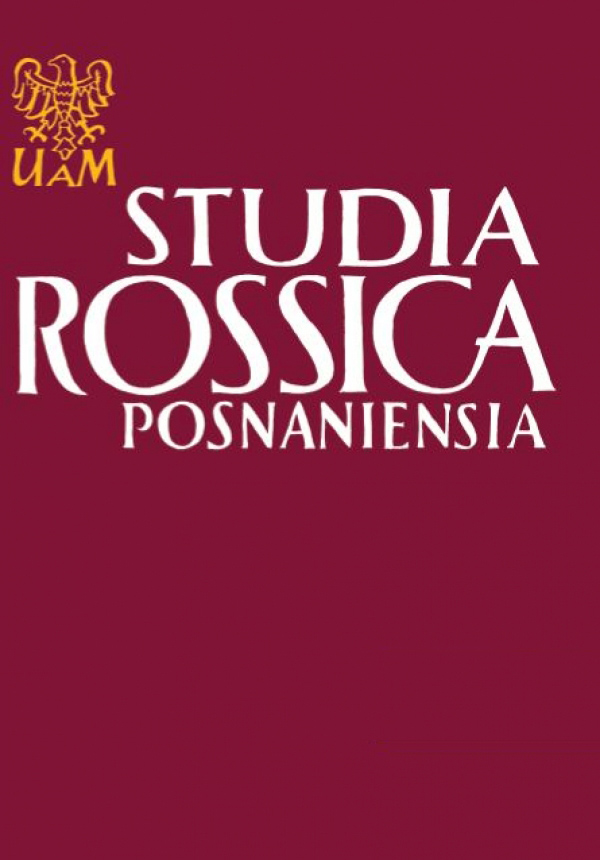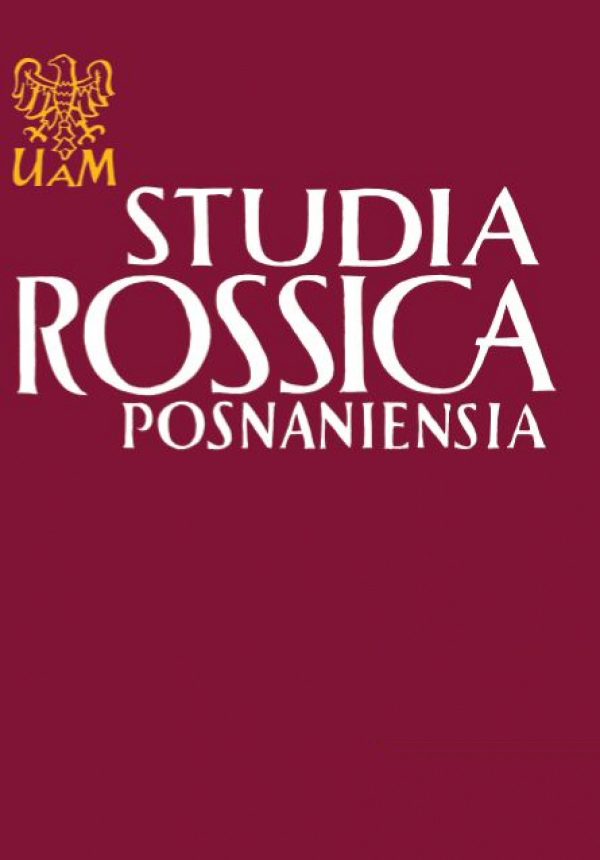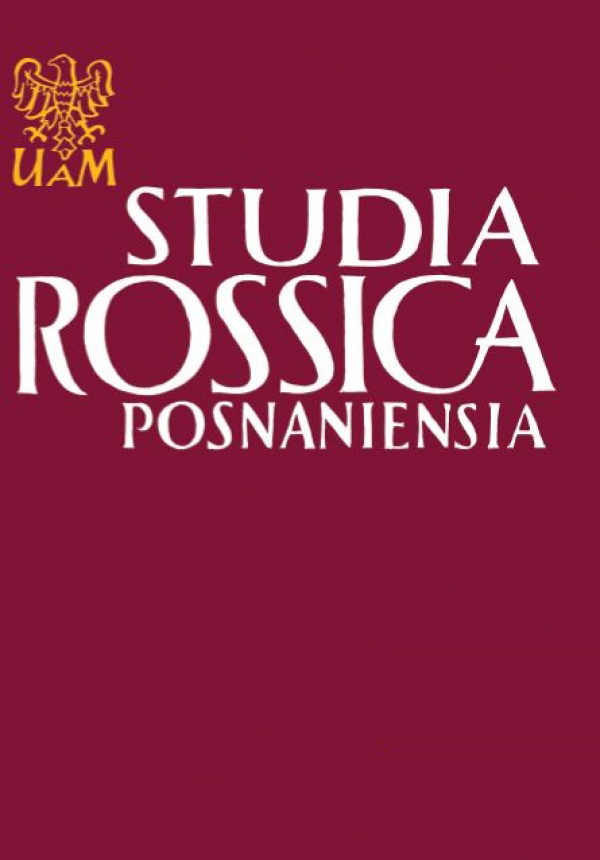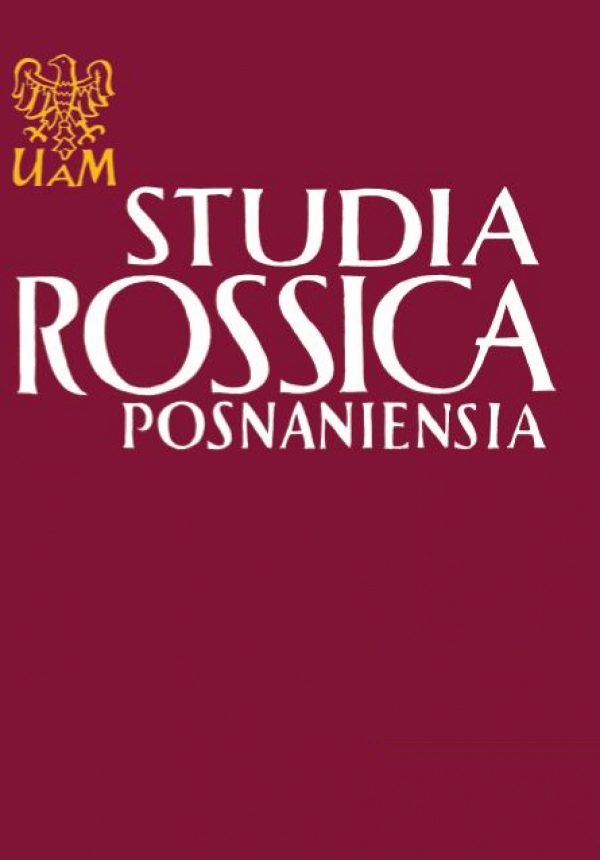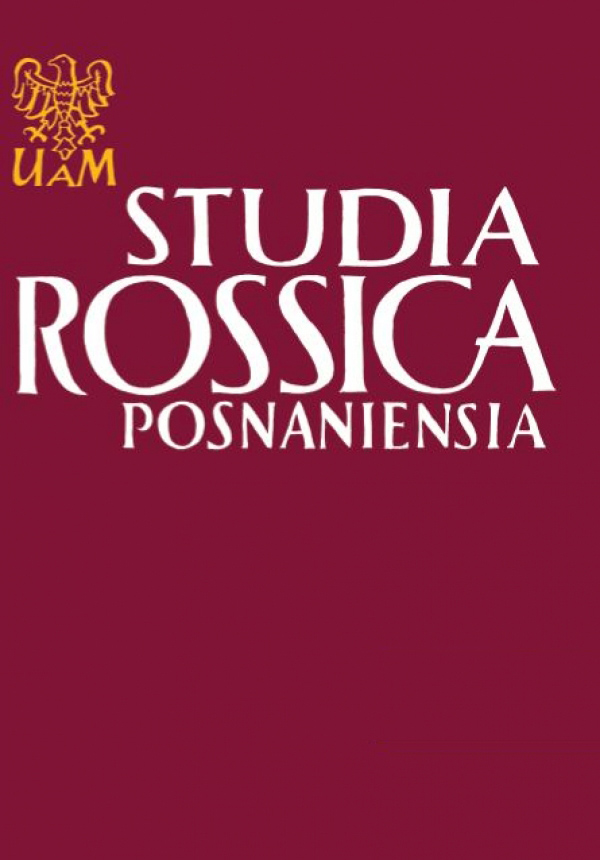
ФОРМИРОВАНИЕ МЕЖКУЛЬТУРНОЙ КОМПЕТЕНЦИИ НА УРОКАХ РУССКОГО ЯЗЫКА КАК ИНОСТРАННОГО ПРИ ПОМОЩИ ИНФОРМАЦИОННЫХ И КОММУНИКАЦИОННЫХ ТЕХНОЛОГИЙ
Information and communication technologies have permeated the sphere of education in the last decade. The importance of cross-cultural communication and, therefore, also the need for cross-cultural competence is growing. The paper discusses the possibility of integrating the development of cross-cultural competence into teaching the Russian language by using information and communication technologies. It also focuses on practical examples and on analyzing Internet resources as well as the possible ways of working with these sources.
More...
